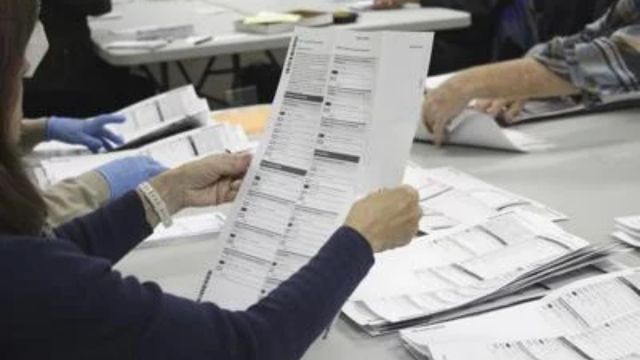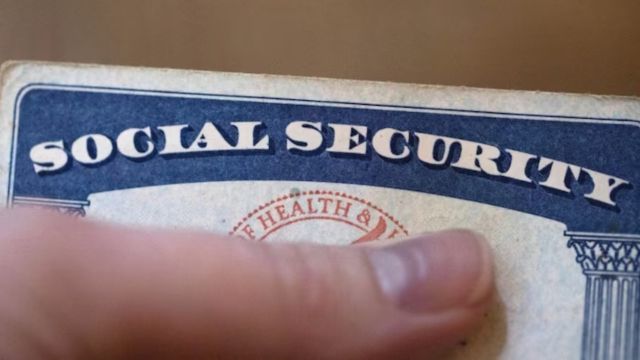Portland, Oregon — Oregon elections officials announced Monday that they have removed over 1,200 persons off the state’s voter registers after discovering they did not present proof of US citizenship when they registered to vote.
Since 2021, only nine people who were discovered to be possibly ineligible have voted in elections, according to the Oregon secretary of state. County clerks are seeking to determine if those voters were ineligible when they cast their ballots or simply did not present the necessary papers when they registered to vote, according to Molly Woon, the office’s elections director.
The disclosures come as voter records are scrutinized around the country, from Oregon to Arizona and Texas, as the presidential election approaches. Republicans have expressed alarm over the prospect of non-citizens voting, citing an increase of immigrants at the US-Mexico border in recent years, despite state data indicating that such incidents are rare.
In Oregon, for example, the nine people whose citizenship has not been established but who voted represent a small proportion of the state’s 3 million registered voters. Ten persons were discovered to have voted after being incorrectly registered, but one was later verified to be eligible, authorities said.
The secretary of state’s office notified the 1,259 people who were wrongly registered that their registrations had been deactivated. They will not receive a ballot for the 2024 election unless they reregister and provide proof of citizenship. The state’s voter registration deadline is October 15.
The error happened in part because Oregon has permitted noncitizens to receive driver’s licenses since 2019, and the state’s DMV automatically registers most people to vote when they get a license or ID. When DMV employees enter information about someone applying for a driver’s license or state ID into the computer system, they may select an option from a drop-down menu that codes that person as having a US passport or birth certificate when they provided a foreign passport or birth certificate, according to authorities.
Elections and transportation officials confirmed that the DMV has made efforts to resolve the issue.
It has rearranged the drop-down choice in alphabetical order so that a US passport is not the first default option. There will also be a prompt for US passports, requesting DMV workers to check the document type. If a birth certificate is given, staff must now enter the state and county of birth.
Additionally, office managers will now conduct a daily quality check to ensure that the document entries match the document that was scanned, according to authorities.
Gov. Tina Kotek called on the DMV on Monday to take more actions, such as providing updated staff training and developing a data quality control calendar in collaboration with the secretary of state. She also requested a full report detailing how the errors happened, how they were remedied, and how they would be avoided in the future.
Republican lawmakers in Oregon, who wrote to Kotek last week requesting her to take steps to protect the integrity of the state’s voter records, have requested a public hearing on the matter.
Secretary of State LaVonne Griffin-Valade stated that the November election “will be unaffected by this error in any way.”
The problem has spread to other states as well.
Last week, the Arizona Supreme Court ruled unanimously that roughly 98,000 voters whose citizenship documents had not yet been verified could vote in state and local elections. The majority of them were registered voters who had previously sworn to their citizenship under penalty of law. In August, the U.S. Supreme Court rejected a Republican effort to prevent over 41,000 Arizona residents from voting in the highly disputed swing state, but did allow some portions of a law to be enforced, such as demanding proof of citizenship.”
Non-citizens are prohibited by state and federal law from voting in national and municipal elections. This comprises both legal residents (such as green-card holders, students, tourists, and temporary workers) and individuals without legal status. _ This post has been modified to reflect that the United States Supreme Court ruled in the Arizona case in August, not last week.



